Democrats’ Green New Deal Wing Takes Shape Amid Wave Of Progressive Climate Hawk Wins

The Democratic Party’s nascent Green New Deal wing took shape Tuesday night as a series of progressive climate hawks notched historic, if expected, victories, tempering a night of stinging state-level losses for the fight to curb global warming.
Alexandria Ocasio-Cortez, 29, handily won New York’s 14th District and will become the youngest woman elected to Congress. Ilhan Omar surged ahead in Minnesota’s 5th District, and Rashida Tlaib, facing no Republican challengers, sailed to victory in Michigan’s 13th District. They became the first two Muslim women ever elected to Congress. In the one competitive race of the bunch, Antonio Delgado, 41, overcame Republican Rep. John Faso’s racist smears in New York’s upstate 19th District.
Their victories establish the first contingent of Democrats calling for a radical federal spending plan to rapidly wean the United States off fossil fuels and prepare the nation for climate change that looks increasingly likely to cause cataclysmic damage in the coming years. Dubbed the “Green New Deal,” the vague set of policy proposals hark back to the Depression-era spending programs that built many of the country’s infrastructure landmarks.
The bloc is smaller than it could have been. Randy Bryce, the union worker turned progressive folk hero who ran to fill House Speaker Paul Ryan’s seat in Wisconsin, lost to Republican Bryan Steil on Tuesday. Kevin de León, the California state senator whose historic 100 percent renewable electricity bill passed earlier this year, failed to unseat Democratic Sen. Dianne Feinstein. Andrew Gillum, the progressive darling and only major gubernatorial candidate to call for a Green New Deal, lost to Republican Ron DeSantis.

But the most alarming results came when voters in two Western states rejected ballot measures that would have rocked the fossil fuel industry. In Washington, Initiative 1631 ― a ballot measure to enact a $15 per metric ton carbon fee, the revenues of which would have gone to public transit, solar- and wind-power plants and energy-efficiency retrofits ― failed by double digits. It would have been the nation’s first carbon tax. Coloradans, meanwhile, overwhelmingly voted down Proposition 112, a measure that would have put about 85 percent of non-federal land in the Centennial State off limits to oil and gas drilling. The industry spent upward of $73 million funding campaigns to reject the initiatives.
Supporters of a Green New Deal are gaining power in the very election that’s bleeding the bipartisan Climate Solutions Caucus. The 90-member club ― derided as “peacocks” by critics who say it served only to launder the reputations of members who consistently vote against climate policies ― lost several members, including Rep. Carlos Curbelo (R-Fla.), the group’s GOP founder.
Curbelo’s loss dashes hopes that Republicans might rally around a carbon pricing scheme, the sort of baseline climate policy both Democrats and conservative economists support. And though it seems unlikely four left-leaning Democrats can make a serious push for a Green New Deal, climate scientists say their elections finally shift a bitter debate over climate change in the direction of policy that could actually make a difference.
“This is the sort of bold and audacious thinking that we need when it comes to confronting the ever-pressing challenge of averting catastrophic climate change,” Michael Mann, a climate scientist at Penn State University, said in an email Tuesday night.
The midterm elections come a month after the United Nations warned that keeping global warming within 2.3 degrees Fahrenheit requires halving the world’s emissions over the next 12 years. The chances of achieving those cuts seem slim.
President Donald Trump is aggressively bolstering fossil fuel production while gutting greenhouse gas regulations. Brazil’s incoming president, Jair Bolsonaro, is a right-wing demagogue who vowed to speed up deforestation in the Amazon and follow Trump’s lead in withdrawing South America’s biggest country from the Paris climate accords. China, the world’s top emitter, is forging ahead with coal plants it promised to cancel.
Related Coverage
The Surprising Origins Of What Could Be The ‘Medicare For All’ Of Climate Change
Alexandria Ocasio-Cortez Will Be The Leading Democrat On Climate Change
Democrats Increasingly Support The Idea Of A Green Jobs Plan: Poll
Also on HuffPost
Love HuffPost? Become a founding member of HuffPost Plus today.
A Bumpier Ride?
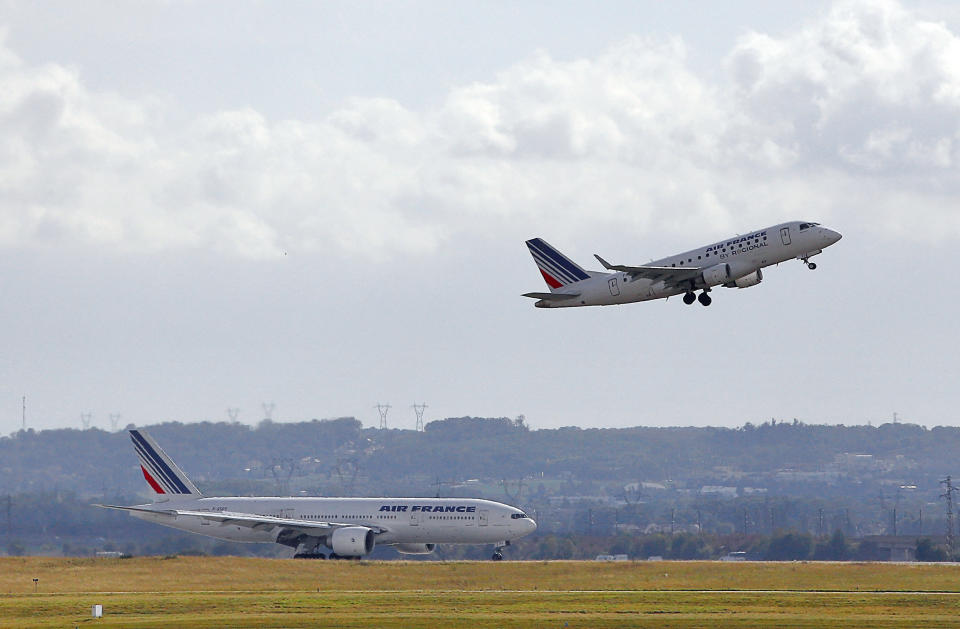
Not A Drop To Drink
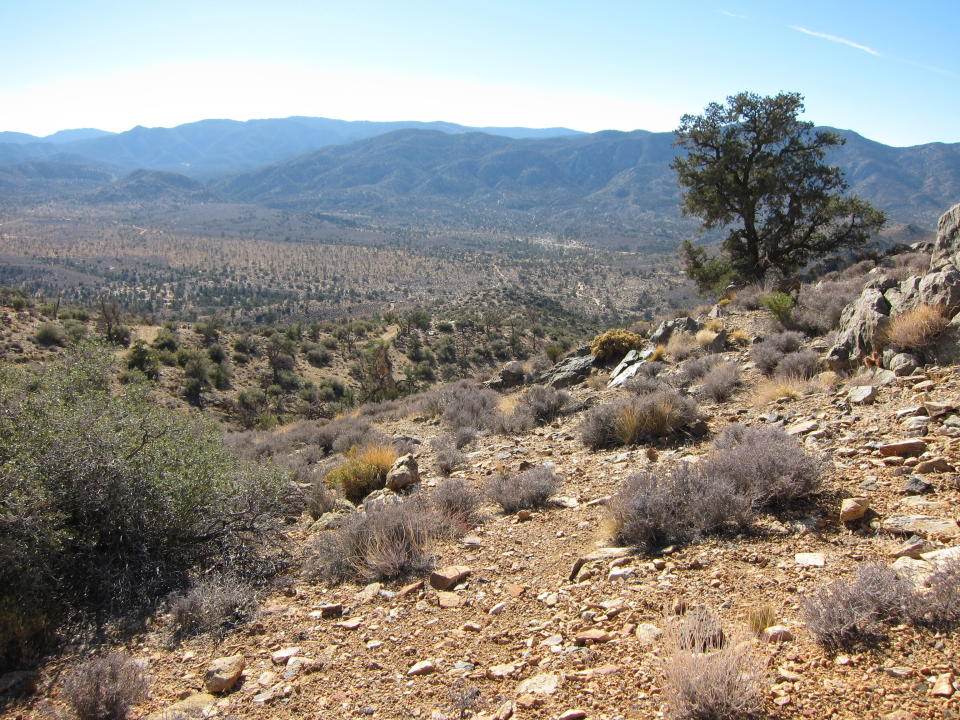
A Mighty Wind
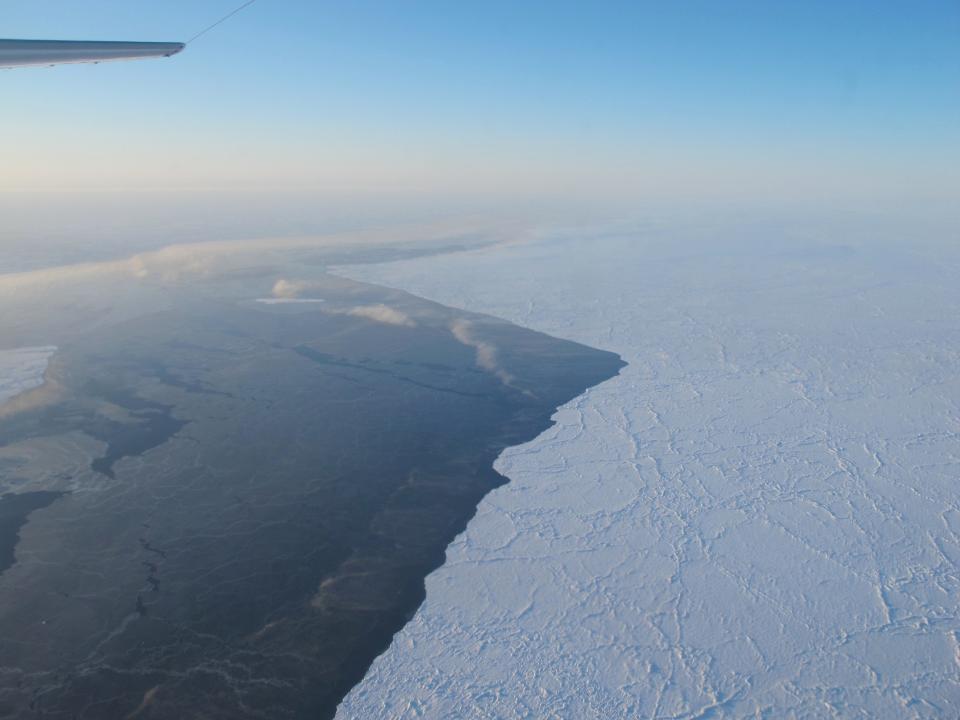
Worsening Allergies

Wine To Go?

Home Sweet Home
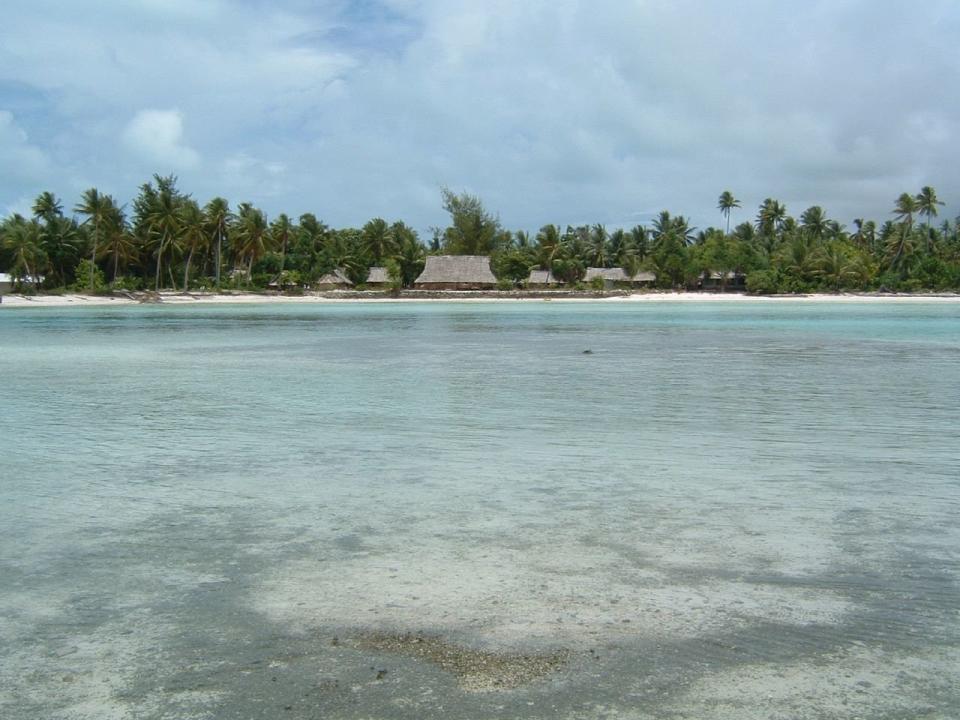
Trouble On The Ice

A Damper On Your Raw Bar?
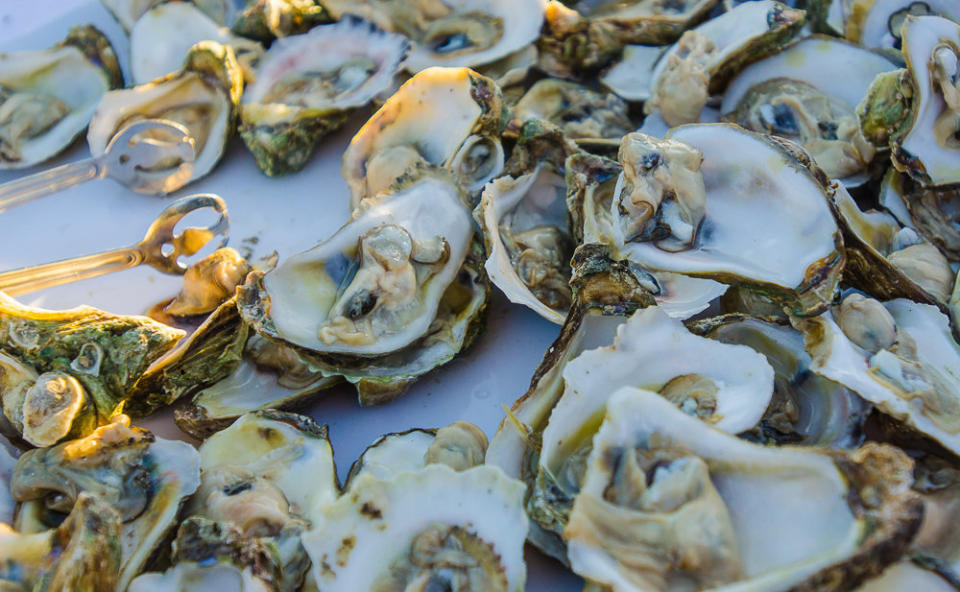
The Color-Changing Bears

Less Time On The Chair Lift
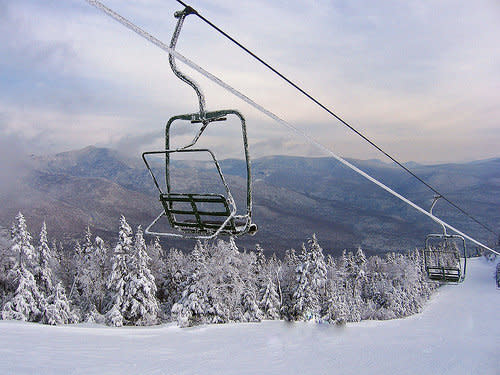
A Cold Cup Of Coffee

This article originally appeared on HuffPost.

